The theme of Earth Day 2020 is climate action. What does this mean? Climate delay is almost as dangerous as climate denial. Every country in the world must work more quickly. At Ecoprod our main focus is on water and the link between water and climate change is clear. Extreme weather events are making water scarcer, more unpredictable, more polluted or all three. Humans need water to survive, as do all the systems on which we rely – sanitation, healthcare, education, business and industry.
Action plans to tackle climate change need to be integrated across different sectors and coordinated across borders. And they must have one thing in common: safe and sustainable water management. You can learn more about this in the UN-Water Policy Brief on Climate Change and Water.
Another key message is that everyone has a role to play. Small actions that any of us can take all play a role in addressing climate change. Yes, climate change can feel scary and daunting. But there is one simple step you can take immediately that will make a big difference: don’t waste water.
Currently the average person uses 140 litres of water per day. This needs to be reduced at least down to 100 litres, if not further, and organisations can help with this by cutting the amount of water employees use when they are at work. For businesses, saving water is about education staff in ways that they can use less water and also putting in place water saving infrastructure wherever possible to ensure that water isn’t wasted.
Technical solutions can obviously help reducing water use immediately but what’s really needed is attitude change so, whilst we’d obviously be delighted if everyone invested in waterless urinals and low flow taps, simple behavioural changes that work with the infrastructure you already have can be just as important.
This is the focus of our Guide to Water Saving in your Business, which works through each of the main areas of water use in a typical organisation – the washroom, the showers, the kitchens, the garden – and helps you identify simple ways in which you could reduce water usage in each area. Some of these are technological solutions, others are behavioural changes.
We’re past the point where water saving can be considered as an “optional extra” within organisations. It’s now commonplace for companies to focus on efforts to improve recycling, cut emissions, reduce their carbon footprints and so on. Offices have stickers to remind people to turn the lights off, separate bins for recycling, initiatives to reduce single use plastics.
Water saving needs to be considered in exactly the same way, as the default setting, the thing people do without thinking about it or needing to be reminded. Attitudes need to change so that, as Sir James Bevan, the Chief Executive of the Environment Agency, says
“We need water wastage to be as socially unacceptable as blowing smoke in the face of a baby or throwing your plastic bags into the sea.”




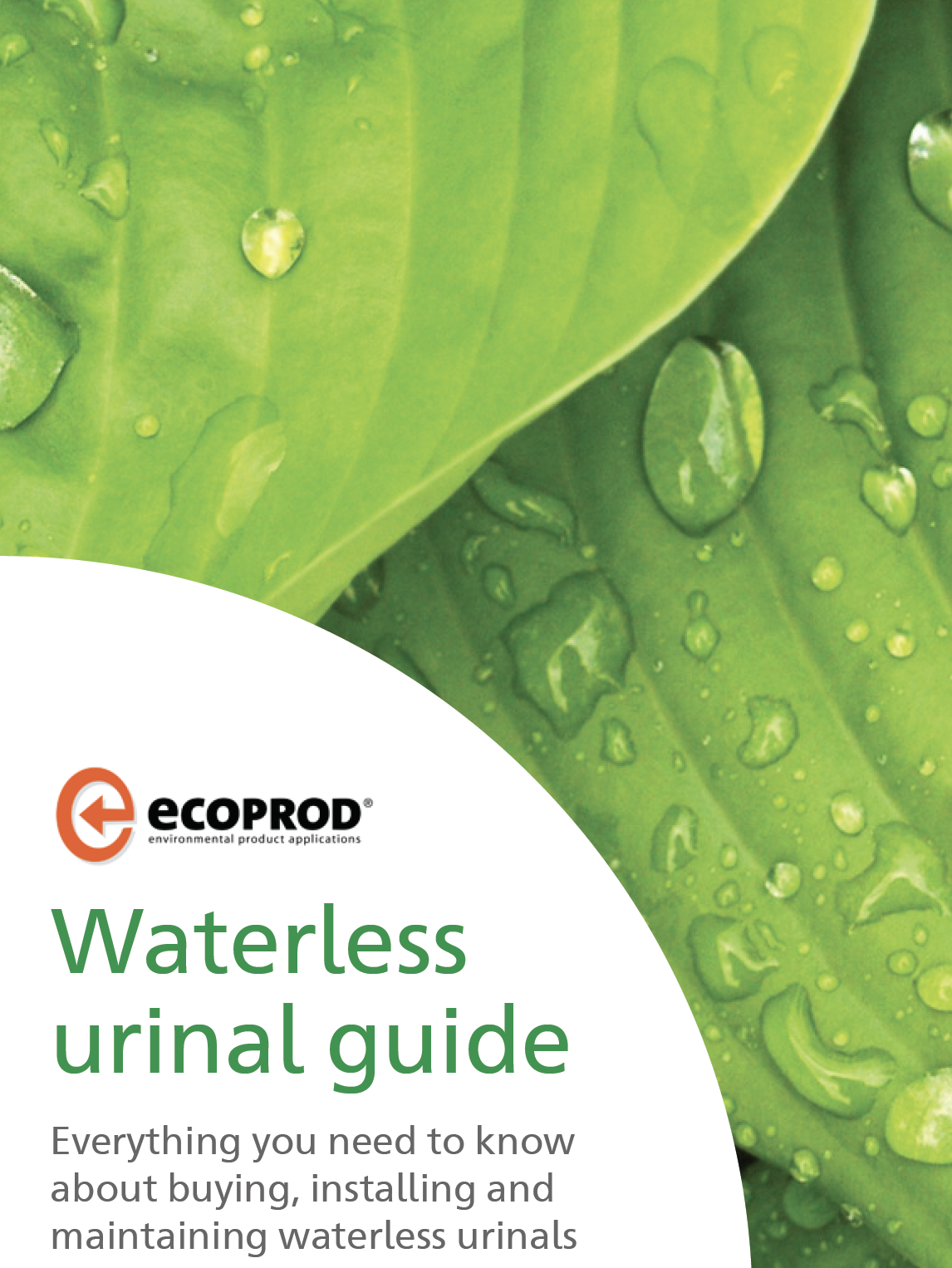
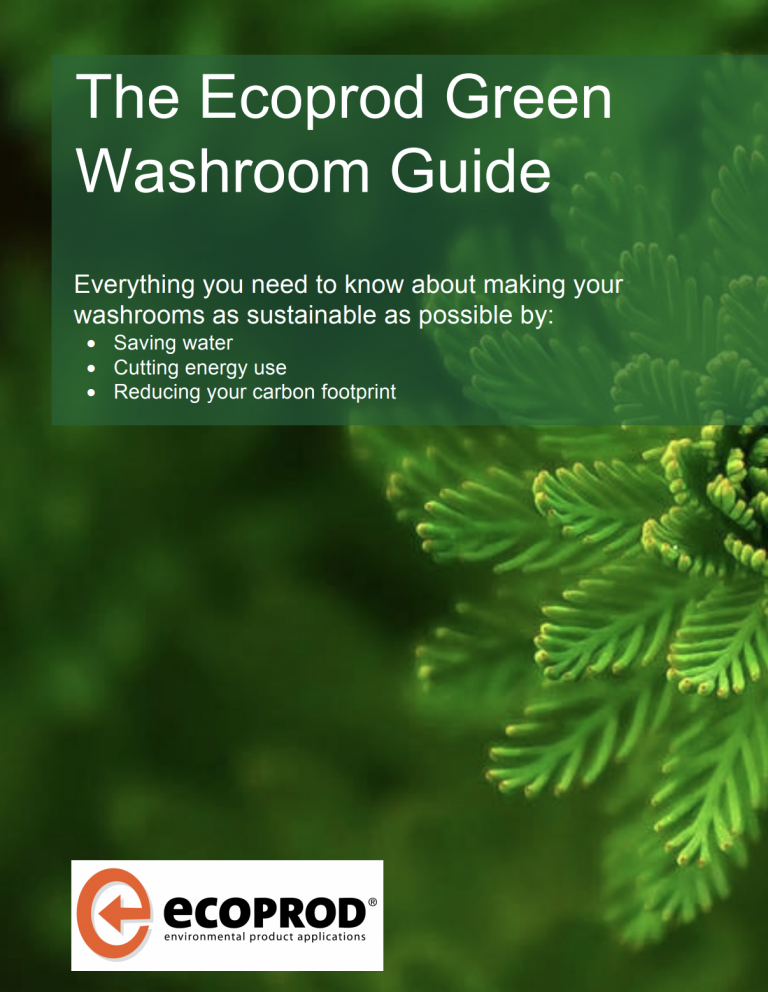

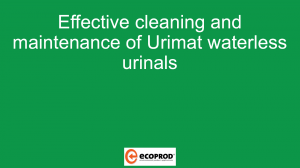





 For the last 8 years Robert Summer – Head of International Sales and Marketing – has developed structured distribution network worldwide for CONTI+ brand. The products offer great benefit for washrooms and shower rooms for public, semi-public and health sector. Today, sustainability, hygiene and smartness are key to CONTI+ solutions. Robert lives the brand and its USPs and loves to support and motivate his team on a daily basis.
For the last 8 years Robert Summer – Head of International Sales and Marketing – has developed structured distribution network worldwide for CONTI+ brand. The products offer great benefit for washrooms and shower rooms for public, semi-public and health sector. Today, sustainability, hygiene and smartness are key to CONTI+ solutions. Robert lives the brand and its USPs and loves to support and motivate his team on a daily basis.




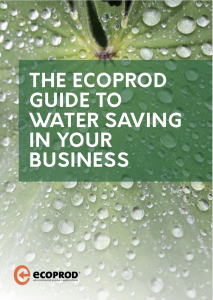
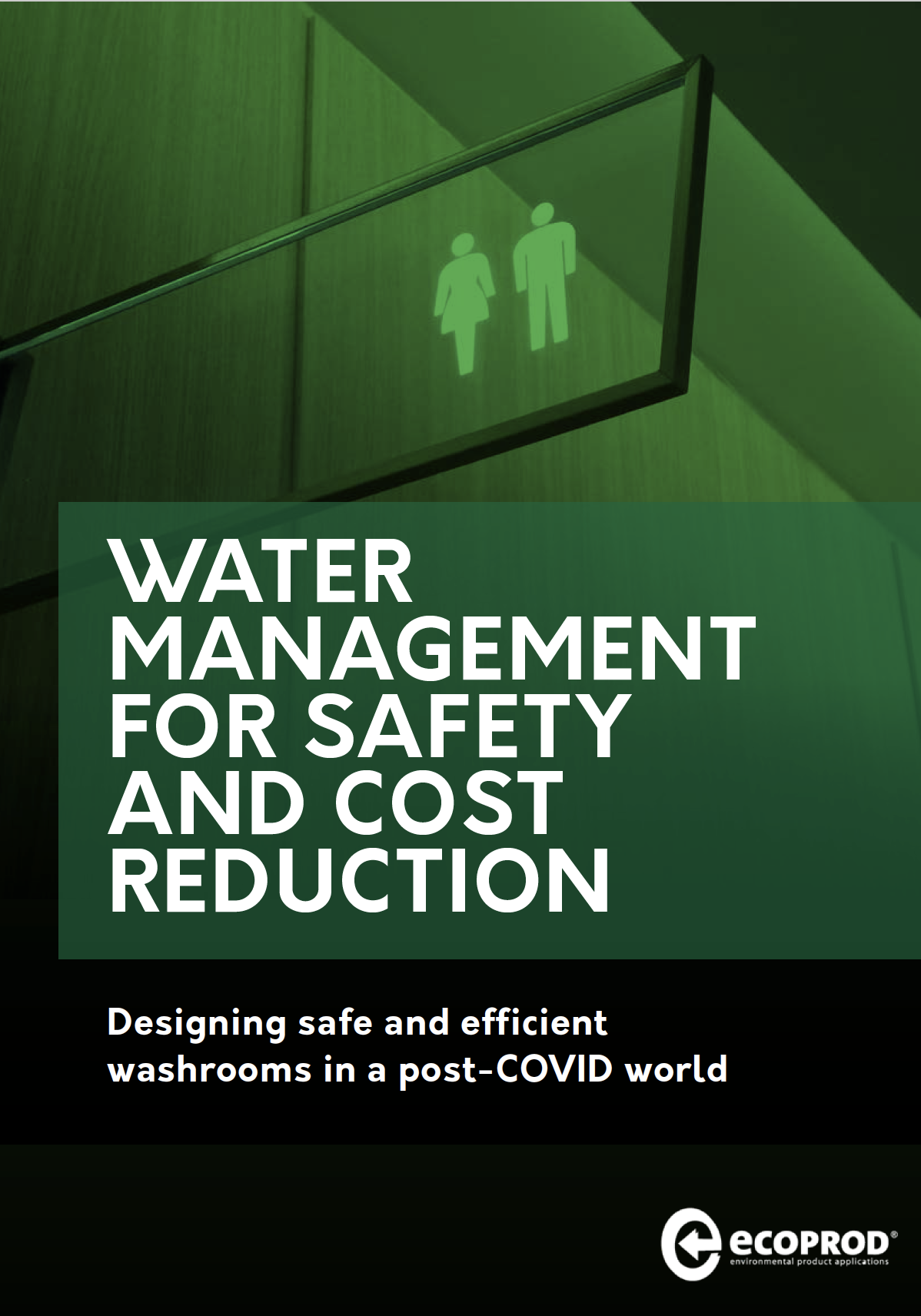


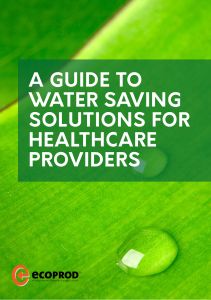
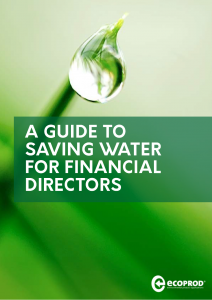
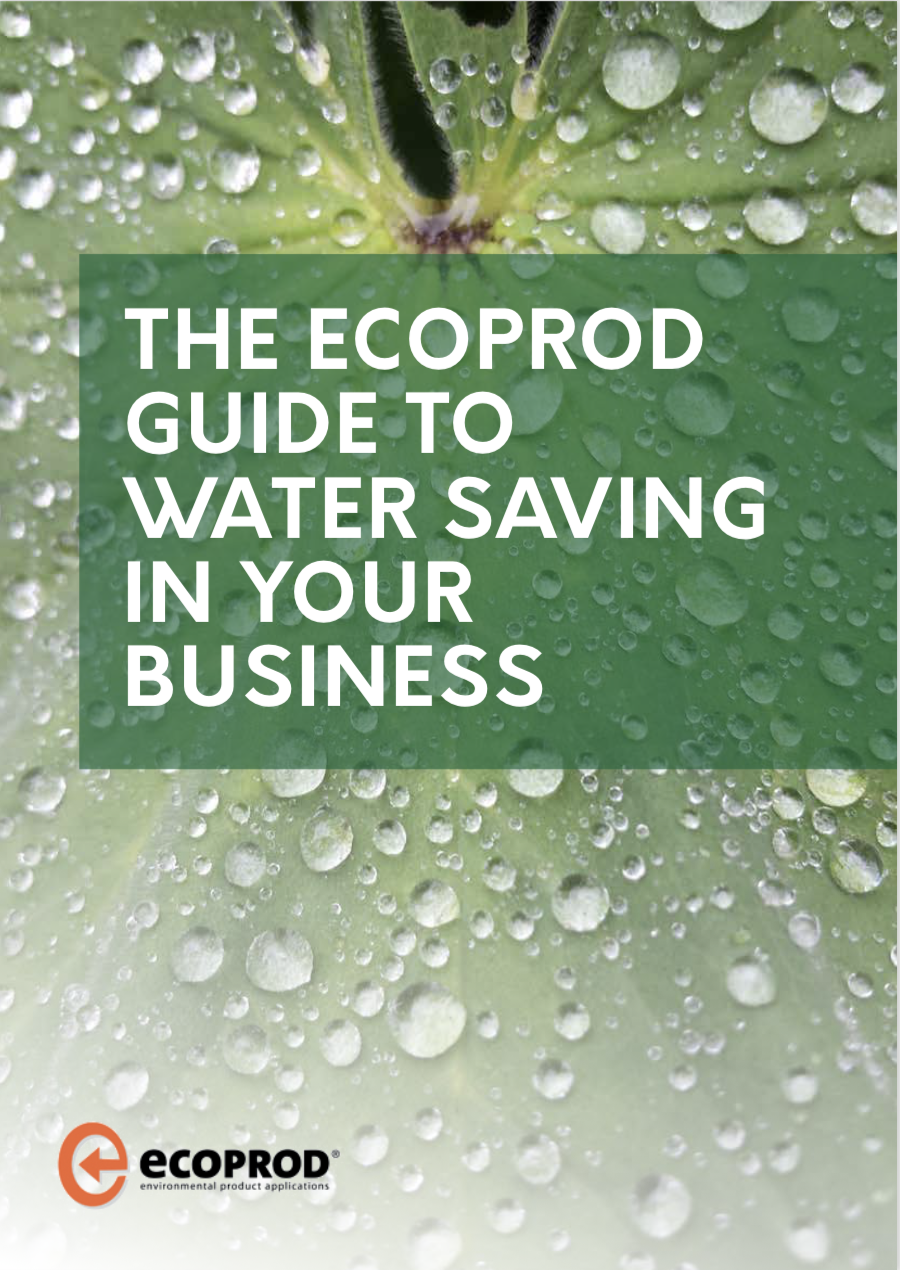
Comments are closed.